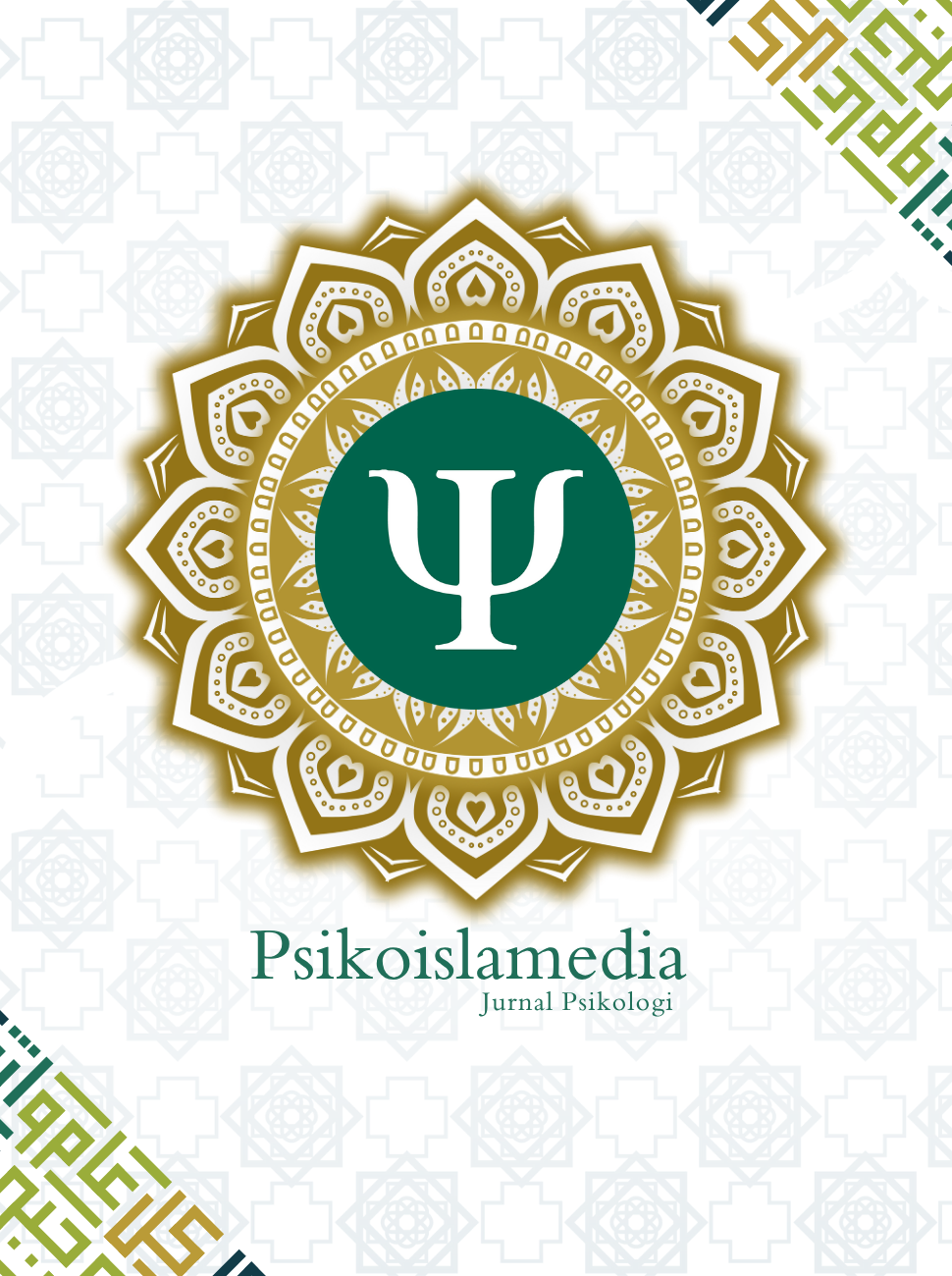The Hidden Self Behind the Screen: The Role of Social Support in Self-Discrepancy?
DOI:
https://doi.org/10.22373/psikoislamedia.v10i2.31841Abstract
Users of roleplay accounts on social media exhibit interaction patterns that encourage the construction of ideal identities alongside the free expression of alternative identities. This study aims to investigate the influence of social support on self-discrepancy. Employing a quantitative approach with a causal associative design, the research involved 339 roleplay account users. Instruments utilized included the Multidimensional Scale of Perceived Social Support (Zimet et al., 1988) and a Self-Discrepancy scale based on Higgins’ (1987) theory, adapted by the researcher. Results indicate a significant positive effect of social support on self-discrepancy, accounting for 21.3% of the variance. Higher perceived social support correlates with greater self-discrepancy. These findings suggest that social support does not uniformly yield positive outcomes, particularly when individuals experience pressure to conform to expectations within virtual identities. This study contributes significantly to advancing theoretical understanding of social support mechanisms in digital environments and provides an empirical basis for developing adaptive mental health interventions tailored to the complexities of social media interactions.
Keywords: Social Support, Virtual Identity, Social Media, Roleplay, Self-Discrepancy
Downloads
Published
Issue
Section
License
Copyright (c) 2025 Alya Desmiranahari, Wina Lova Riza, Dinda Aisha

This work is licensed under a Creative Commons Attribution-ShareAlike 4.0 International License.
Authors who publish in this Journal agree to the following terms:
- Authors retain copyright and grant the journal right of first publication with the work simultaneously licensed under Attribution-ShareAlike 4.0 International (CC BY-SA 4.0) allows others to share the work with an acknowledgment of the work's authorship and initial publication in this journal.
- Authors are able to enter into separate, additional contractual arrangements for the non-exclusive distribution of the journal's published version of the work (e.g., post it to an institutional repository or publish it in a book), with an acknowledgment of its initial publication in this journal.
- Authors are permitted and encouraged to post their work online (e.g., in institutional repositories or on their website) prior to and during the submission process, as it can lead to productive exchanges, as well as earlier and greater citation of published work. (See The Effect of Open Acces)














